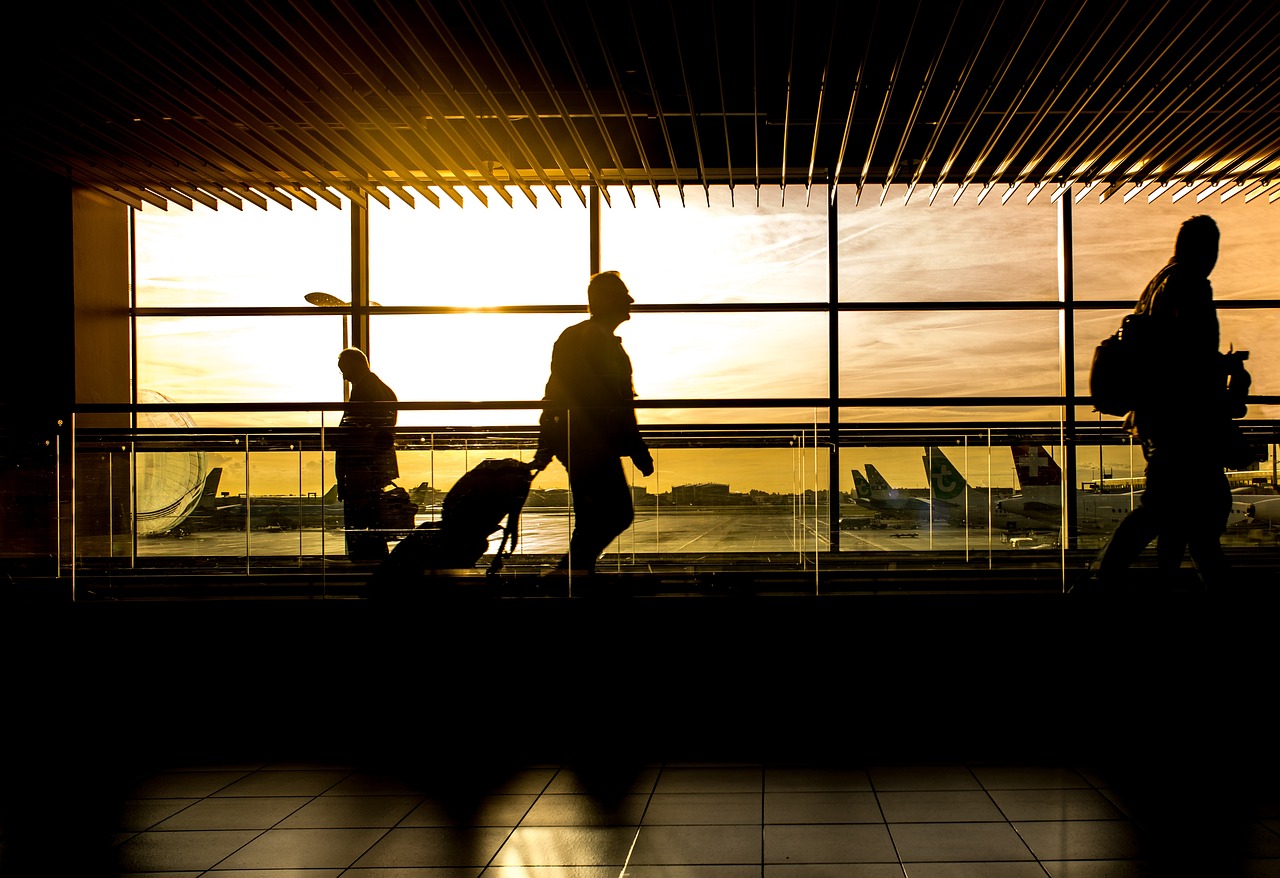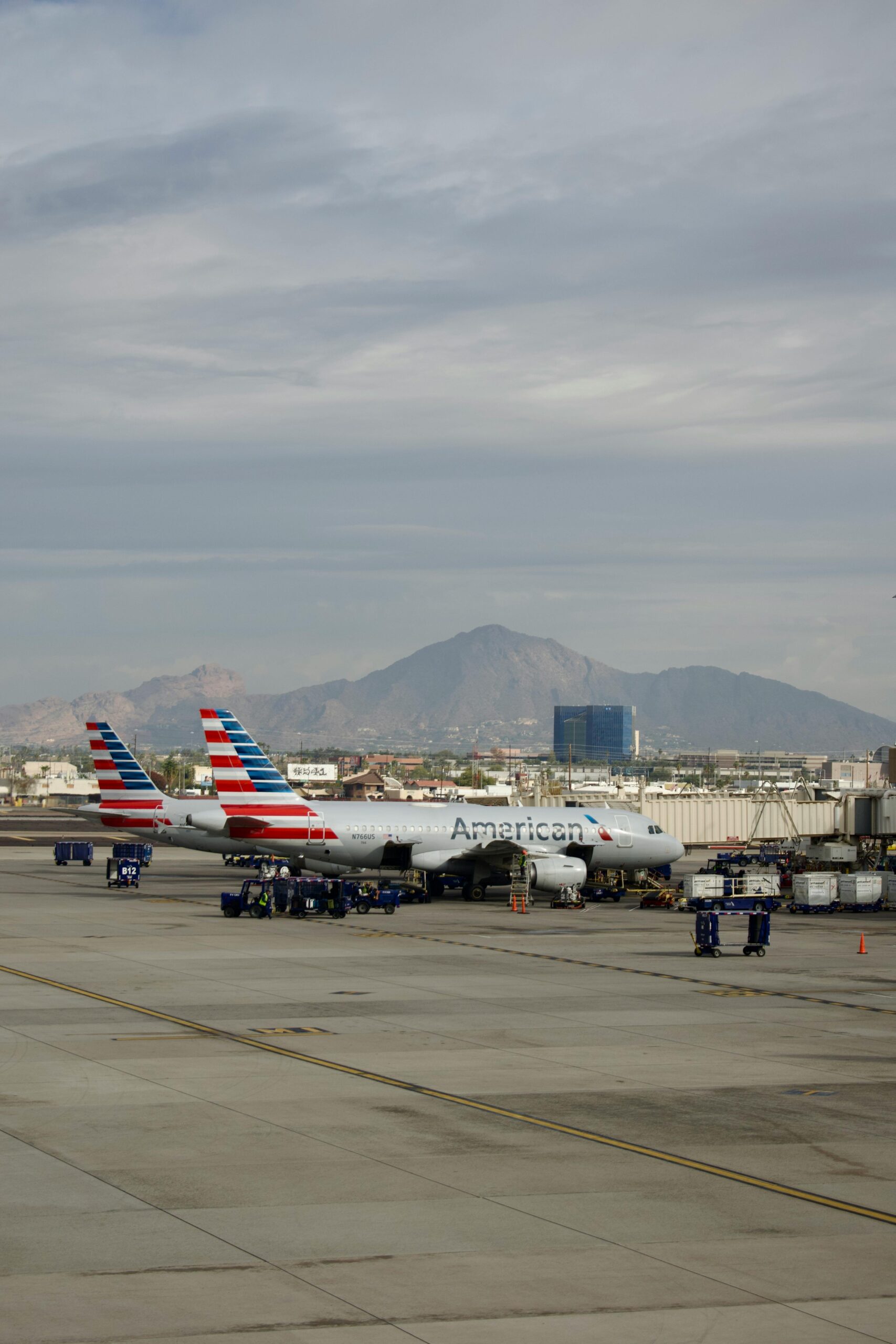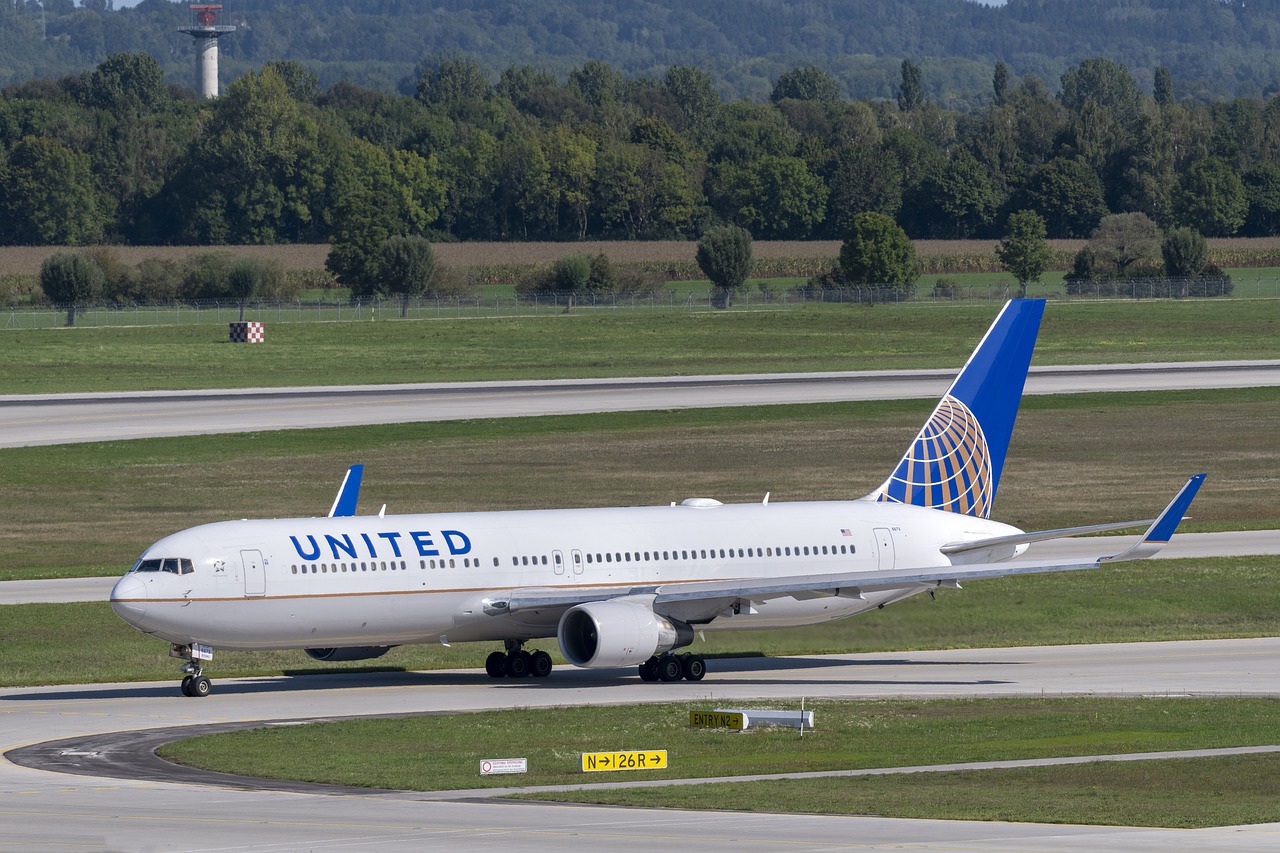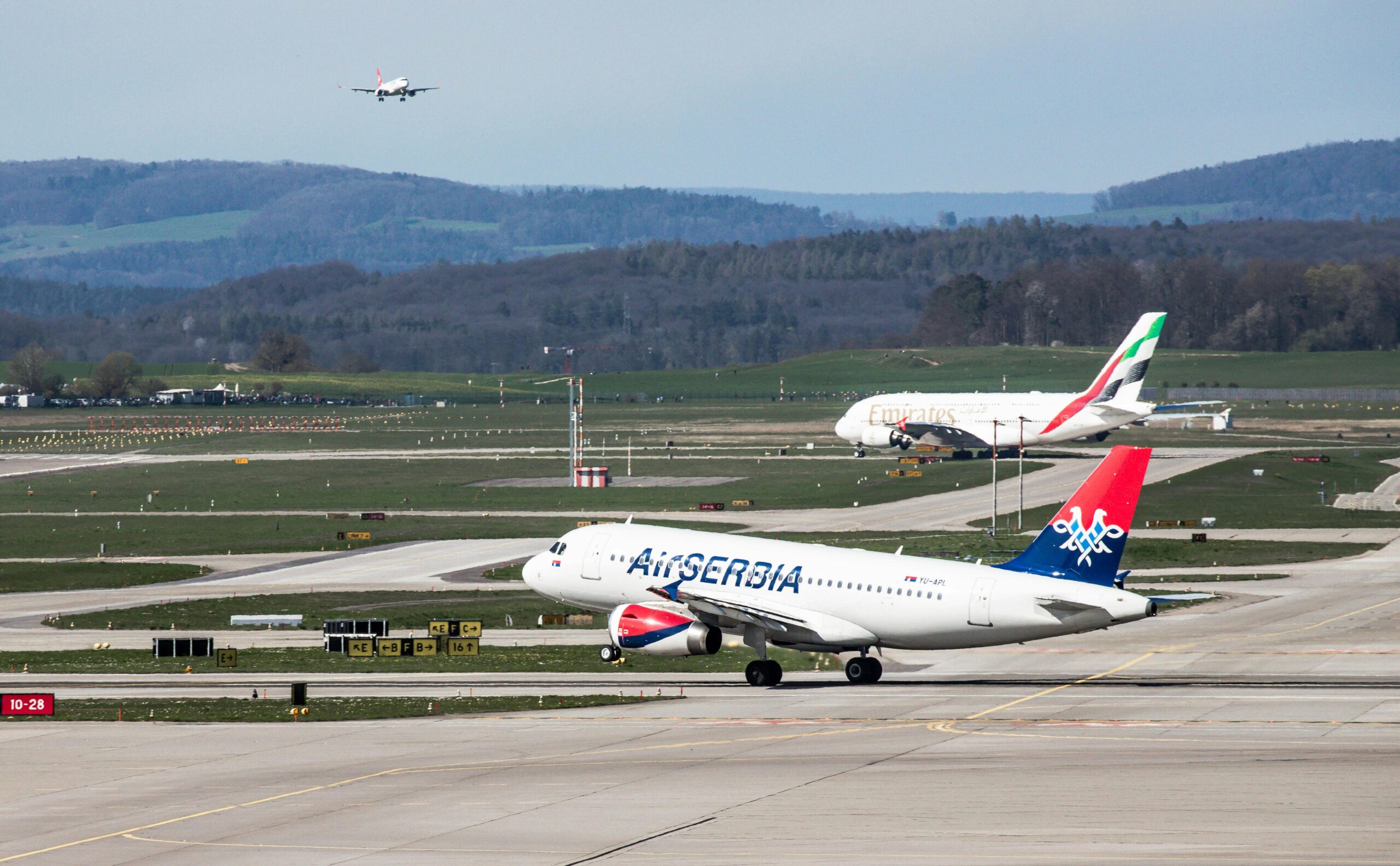Beirut’s Rafic Hariri International Airport recently experienced major disruptions. Approximately 50 flights were canceled due to escalating violence in Lebanon. Israeli airstrikes in southern and eastern Lebanon prompted cancellations for flights from the evening of September 24 through the next day. Both incoming and outgoing flights were severely impacted, highlighting rising tensions between Hezbollah and Israel. Several airlines have suspended their services, further complicating travel in the region.
On Tuesday, the airport’s website reported 33 canceled departing flights and 16 arriving flights. This wave of cancellations affected local and international travelers, creating chaos for those planning to fly to or from Lebanon. With air traffic in Lebanese airspace at a standstill, travelers and airlines scrambled for alternatives. This situation illustrates the precariousness of air travel during the conflict.
In response to these tensions, many international and regional airlines halted operations. Major carriers like Middle East Airlines, Etihad Airways, Emirates, and Qatar Airways were among the 17 that ceased operations. Additionally, international airlines such as Turkish Airlines and Lufthansa also suspended flights. This widespread cancellation disrupted flights to and from Beirut and affected transit routes for travelers moving through the Middle East.
For global travelers, these flight cancellations create significant logistical challenges. Many affected airlines are crucial in international travel networks. Consequently, travelers heading to destinations in the Middle East, Europe, and beyond face rebookings, delays, and uncertainties as airlines evaluate safety in Lebanese airspace.
The FlightRadar service indicated no civilian aircraft in Lebanese airspace by early Tuesday. This highlights the extent of the disruption. Commercial aviation has come to a standstill, with airlines grounding flights due to safety concerns amid escalating violence. This absence of flights underscores the serious risks airlines face near conflict zones.
The implications of these flight cancellations extend deeply into Lebanon’s travel industry and tourism sector. The country already struggles with economic and political instability. Tourism plays a critical role in Lebanon’s economy, and the suspension of flights has immediate consequences for travelers and the tourism industry. This sector was still recovering from the pandemic.
Beirut is an essential gateway for tourists, business travelers, and expatriates. With the airport effectively closed, tourism faces a significant setback. This disruption affects international visitors and Lebanese citizens abroad who depend on regular flights home. Additionally, businesses relying on air cargo may face delays, impacting regional trade.
The travel industry is highly susceptible to political and military conflicts. The sudden flight suspensions demonstrate how quickly a situation can change. Airlines must prioritize passenger and staff safety. As a result, potential future bookings may dwindle due to the risk of further escalation in the region. The broader implications for Middle East travel are substantial, as travelers hesitate to book flights to or through Beirut and nearby airports.
Currently, no clear indication exists regarding when flights to and from Beirut will resume. Travelers must remain vigilant and monitor updates from airlines and governments about safety conditions in the region. The possibility of ongoing disruptions raises concerns about the long-term effects on Lebanon’s travel and tourism sectors.
Ultimately, this situation serves as a stark reminder of how rapidly conflicts can disrupt air travel. Both airlines and travelers should stay adaptable, as the future of air connectivity through Beirut remains uncertain. Those planning to visit Lebanon or transit through Beirut Airport must consider alternative travel arrangements, prioritizing safety and security. Lastly, don’t forget to check WentWorld.com and follow our social media channels for ultimate travel tips and destination guides.
Related stories:
Catch up on the top stories and travel deals by subscribing to our newsletter!












Leave a Reply